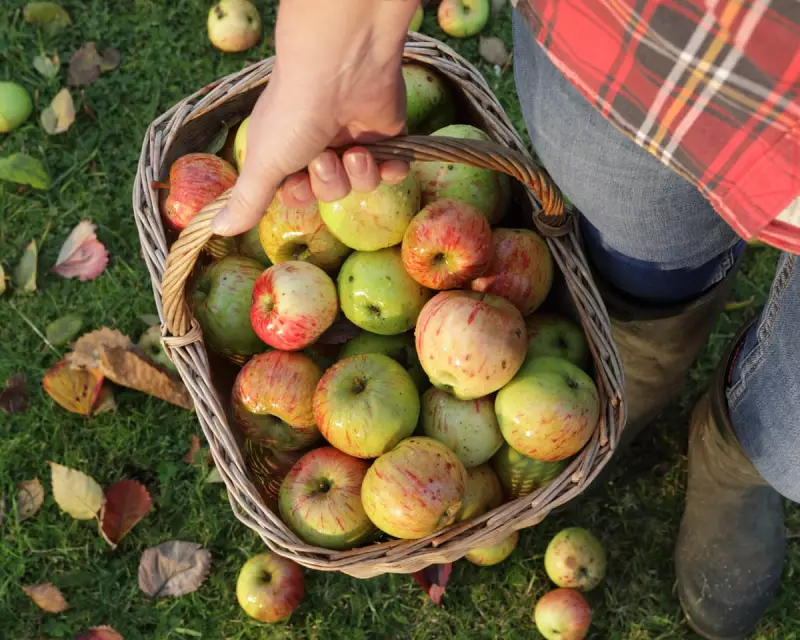
This autumn brought an unexpected harvest – not just of fruit, but of a new understanding of loss. When my mother passed away earlier this year, I anticipated the empty chair at Christmas, the silent phone, the milestones she would miss. What I didn't expect was the grief waiting in the branches of her apple tree.
The Unanticipated Inheritance
The tree stood in her garden as it had for decades, its limbs heavy with ripening fruit. When harvest time arrived, I found myself standing beneath it with a basket, performing a ritual she had performed every autumn of her later years. As I reached for the first apple, something shifted – this wasn't simply picking fruit; it was entering her world.
A Different Kind of Empty Space
We prepare for the obvious absences after losing a parent – the birthdays, the anniversaries, the first Christmas morning without their presence. But grief has a way of hiding in the ordinary, waiting in the routines we never thought to mourn.
With each apple I picked, I wasn't just gathering fruit – I was collecting memories. The particular way she'd test for ripeness, the careful placement in the basket to avoid bruising, the satisfaction in her eyes when the harvest was complete. These small, intimate moments suddenly became profound.
The Language of Ordinary Things
There's a conversation that continues through the objects and rituals left behind. The apple tree became more than a tree; it became a living archive of her presence. The way certain branches had grown to accommodate her reaching hand, the particular spot where she always found the sweetest apples – these were pages of a story I was only now learning to read.
This form of grief doesn't announce itself with tears or dramatic moments. It arrives quietly when you're doing something mundane, when you suddenly realise you're performing an action exactly as they would have, and the weight of their absence settles in a new way.
Finding Comfort in Continuation
What began as a painful reminder transformed into something different – a connection. Making apple crumble with her recipe, sharing the harvest with neighbours as she always did, these acts became a way of honouring not just her memory, but her ongoing presence in daily life.
This new understanding of grief suggests that perhaps we don't "move on" from loss as much as we learn to carry it differently. The sharp pain of immediate loss may soften, but it makes space for these quieter, more subtle realisations that keep our loved ones woven into the fabric of our lives.
The apples will continue to grow each autumn, and with each harvest, I'll be learning new ways to remember, new ways to grieve, and new ways to keep her with me in the ordinary miracles of everyday life.





